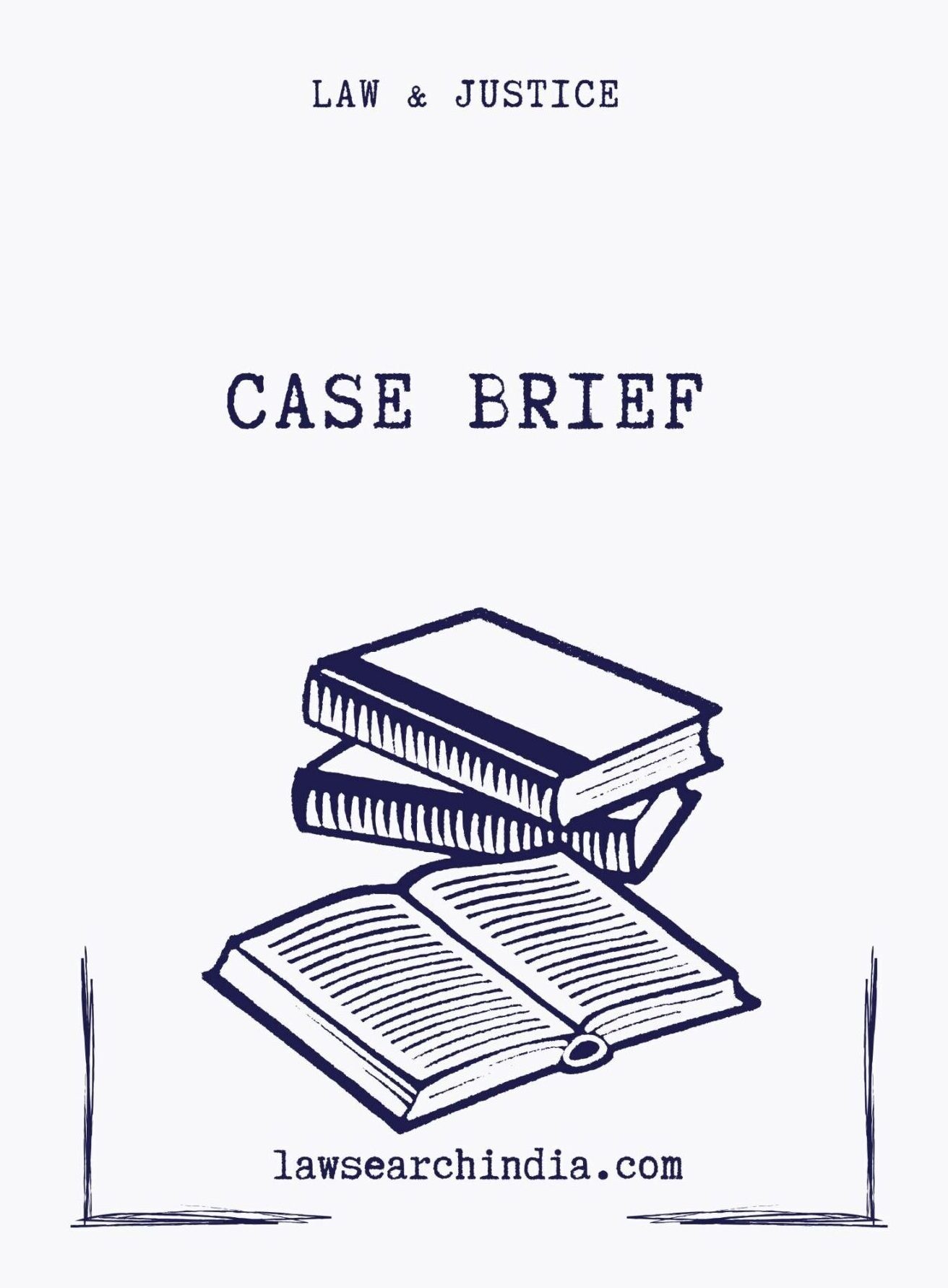CASE DETAILS:
| Bench Dipak Mishra J. A.M. Khanwilkar J. D.Y. Chandrachud J. | Case no. (2018) 6 SCC 422 | Acts/law Order 7 rule 11 CPC |

Introduction:
An appeal was filed before the Apex court in Chhotanben & anr. Vs. Kiritbhai Jalkrushnabhai Thakkar & ors. wherein challenging the order of the High Court which allowed the application under order 7 rule 11(d) that the suit is barred by limitation thus same should be dismissed.
ISSUE:
- Whether the High court order is viable wherein allowing the application under order 7 rule 11 (d) thereby rejecting the plaint on ground of limitation?
- Whether the rejection of plaint on the ground of limitation is a triable issue or suit can be dismissed at threshold?
FACTS:
A suit was filed by the appellants against the respondent before the civil court thereby claiming declaration and permanent injunction qua an ancestral agricultural land. Both the plaintiff and original Defendant no. 1 and 2 were in joint possession and ownership of the said suit property.
SUIT:
Appellants contended before the civil court that defendant no. 1 &2 had fraudulently sold the suit property vide a registered sale deed to defendant no. 4 & 5 by forging the signature of the appellants.
Application under order 13 and 16:
An application was further filed under order 13 & 16 of CPC read with section 67 and 71 of Evidence Act for direction to produce the sale deed and for also for taking the thump impression of appellants and sending the same to the scientific examination and comparing the same to unravel the truth.
Application under order 7 rule: (rejection of plaint):
An application was filed by defendant no. 5 for the rejection of plaint under order 7 rule 11(d) on the ground the suit is being barred by limitation.
TRIAL COURT:
Trial court allowed the application of plaintiff thereby directed defendants to produce the sale deed and comparison of thumb impression scientifically and to produce the report for the same.
Court further dismissed the application for the rejection of plait under order 7 rule 11 reason stating that at time of deciding an application for the rejection of plaint court can only look into the averments made in the plaint further the factum of the suit being barred by the limitation is triable issue. In the present case plaint do not establish that suit is barred by the law of limitation and the said issue is a subject matter of trial.
HIGH COURT:
Respondent/defendant assailed the said order of trial court by filing a civil revision petition against the dismissal of the application for the rejection of plaint. High court was pleased to allow the said petition thereby dismissed the suit under order 7 rule 11 and set aside order of trial court.
High court observed that there is no gainsay in stating that only plaint should be ascertained while exercising power under order 7 rule11. However, it is not very far to fetch from the plaint that there is a delay in challenging the concerned same deed. Therefore, the suit is barred by the limitation.
SUPREME COURT:
An appeal has been filed against the order of High Court contending that high court has committed manifest error in allowing the application as it did not even take into consideration the reason recorded by the trial court that the question of limitation is triable issue in present case.
Court in paragraph no. 15 reiterated that in context of application under order 7 rule 11 court will only examine the averments made in the plaint and the written statement and any application filed by the defendant can not be the basis for deciding the aforesaid application for the rejection of the plaint.
There is no gainsay that the sale deed was registered in 1996 and limitation to challenge any sale deed ordinarily begin from the date of registration of sale deed. However, in the present case plaintiff was not aware of any such sale deed and get to know about same in 2012 and file suit in 2013.
High court did not analyze the averments made in the plaint and adjudged the matter based on surmises. In the said order High court relied on the judgment Saleem Bhai vs. State of Maharashtra (2003) 1 SCC 557: in para 9 of the said judgment court gave finding:
‘9. A perusal of Order 7 Rule 11 CPC makes it clear that the relevant facts which need to be looked into for deciding an application thereunder are the averments in the plaint. The trial court can exercise the power under Order 7 Rule 11 CPC at any stage of the suit—before registering the plaint or after issuing summons to the defendant at any time before the conclusion of the trial. For the purposes of deciding an application under clauses (a) and (d) of Rule 11 of Order 7 CPC, the averments in the plaint are germane; the pleas taken by the defendant in the written statement would be wholly irrelevant at that stage, therefore, a direction to file the written statement without deciding the application under Order 7 Rule 11 CPC cannot but be procedural irregularity touching the exercise of jurisdiction by the trial court.’
Finding:
Hon’ble Apex court affirmed the view of the trial court that in the present case whether a suit is barred by the limitation or not is triable issue and suit can not be dismissed at the threshold under order 7 rule 11(d). Accordingly the appeal was allowed and suit restored.
